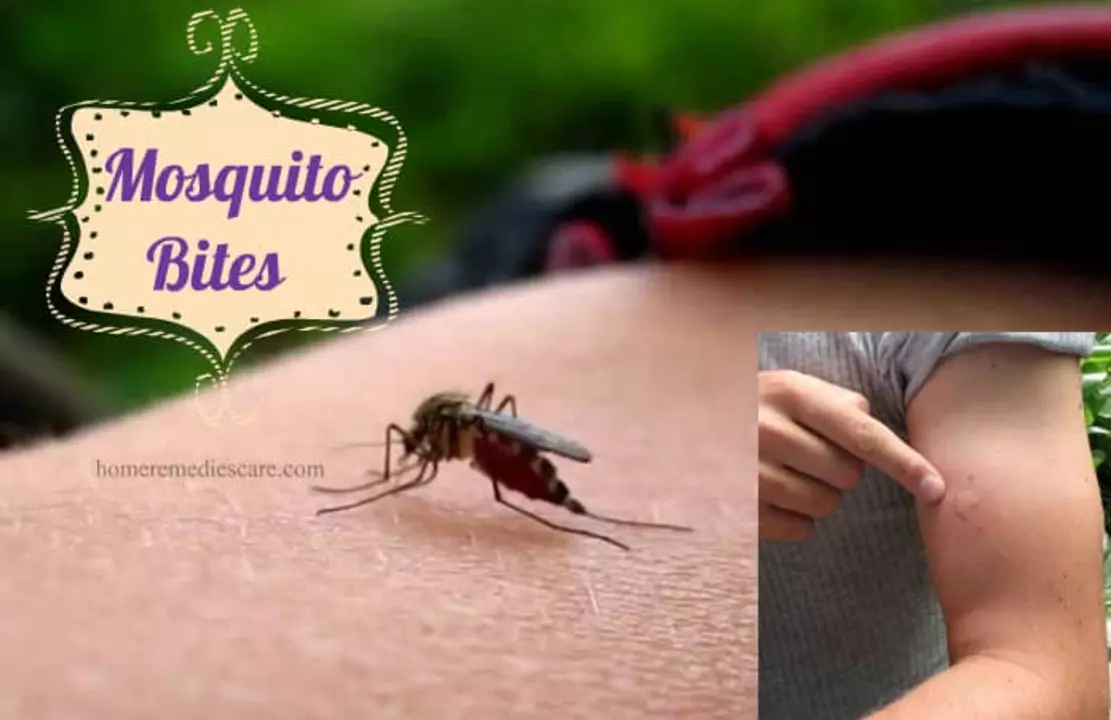Irritation: quick fixes and smart steps to calm skin, eyes, and stomach
Irritation shows up as redness, itching, burning, or pain and usually means your body is defending itself. Knowing the likely cause cuts recovery time and stops the problem from getting worse. This page covers common causes, fast home care, over-the-counter options, and clear signs you should see a doctor.
Common causes and where they hit
Skin irritation often comes from soaps, fragrances, nickel, plant oils, or new creams. Allergic rashes itch and swell; irritant rashes sting and peel. Eyes get irritated by allergies, dry air, chlorine, or foreign particles. Stomach irritation shows as heartburn, nausea, or cramping after NSAIDs, alcohol, spicy food, or some antibiotics. Medicines themselves can cause rashes, stomach upset, or eye reactions—always watch new drugs for new symptoms.
Spotting the trigger saves time. If a new product or meal caused it, stop and watch for improvement in 48–72 hours.
Quick at-home steps that actually help
For skin: wash the area with gentle, fragrance-free soap and cool water. Pat dry and apply a thin layer of 1% hydrocortisone cream for up to seven days unless a doctor says otherwise. Use moisturizer to restore the skin barrier and avoid tight clothing that rubs. If you suspect a chemical burn, rinse for 10–15 minutes and seek care.
For eyes: use preservative-free artificial tears every few hours. Rinse with clean water if something got in the eye. Skip rubbing—rubbing spreads irritants and can scratch the cornea. If redness or pain doesn't ease in 24 hours, see an eye doctor.
For stomach: try antacids for occasional heartburn, and consider an H2 blocker (like famotidine) or a short PPI course for frequent issues—talk to your doctor before long-term use. Stop NSAIDs if they cause stomach pain and discuss safer alternatives with your provider.
When allergies are likely, a non-drowsy oral antihistamine such as cetirizine or loratadine can cut itching and watery eyes. For fast relief of breathing problems, use prescribed inhalers and seek urgent care if wheezing or shortness of breath gets worse.
Medication-related irritation needs a phone call to your prescriber or pharmacist. They may recommend dose changes, switching drugs, or adding supportive therapy like an H2 blocker or topical steroid. Never stop a prescribed antibiotic or heart medicine without professional advice.
Prevention beats treatment. Patch-test new skin products on your inner forearm for 48 hours. Choose fragrance-free detergents and moisturizers. Wear gloves for cleaning and rinse off chemicals. For stomach health, take meds with food when advised and limit alcohol.
Seek urgent care if you get facial swelling, difficulty breathing, high fever, spreading redness with warmth (possible infection), severe eye pain or vision loss, or signs of internal bleeding like black stools or fainting.
If you buy medicine online, pick verified pharmacies, check for a licensed pharmacist contact, and keep receipts. Get professional advice when symptoms persist more than a few days, get worse, or follow starting a new drug. Steps now prevent bigger problems.

The role of stress in exacerbating anal itching and irritation from insect bites
May 14 2023 / Health and WellnessIn my recent exploration of the connection between stress and skin irritations, I discovered that stress can actually worsen anal itching and irritation from insect bites. It turns out that stress triggers our immune system to release certain chemicals, leading to increased inflammation and itchiness in affected areas. Additionally, when we're stressed, we tend to scratch more, which can further aggravate the irritation. So, managing stress levels is essential not only for our mental well-being but also for our physical health, especially when dealing with annoying insect bites. To sum up, reducing stress can help alleviate the discomfort caused by anal itching and insect bite irritations.
VIEW MORE